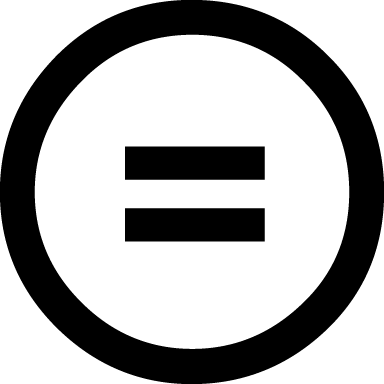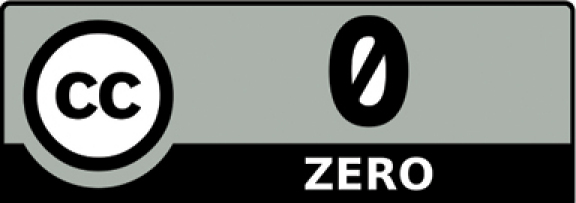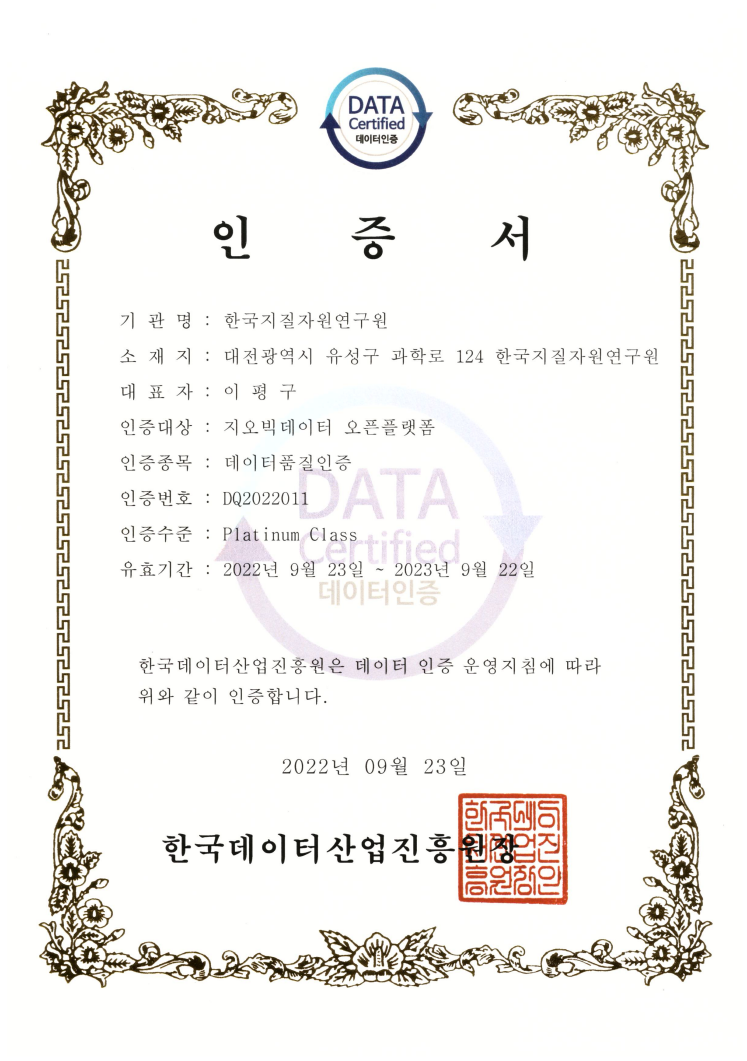Ethics · Copyright · Licensing Guidelines 2024.09.
1. Overview
Purpose
- ㆍPresent of data ethics, copyright, and licensing guidelines for collection and disclosure of research data at the Geoscience Data Center of the Korea Institute of Geoscience and Mineral Resources (KIGAM).
Target
- ㆍIntended for internal researchers and external users accessing data from the Geo Big Data Open Platform.
Scope of Application
- ㆍApplies to research data generated during in-house research activities and research data donated by external organizations and individuals.
Application
- ㆍFor matters not specified in these guidelines, refer to the research data management guidelines of the National Research Council of Science & Technology (NST) and KIGAM Data Management Regulations.
2. Ethics
Research Data Ethics
- ㆍPrevent ethical issues in the production and collection of research data by complying with research data ethics at KIGAM.
-
ㆍSecurity, privacy, and confidentiality considerations
◦ Collected and retained data must meet recognized privacy and confidentiality standards for research subjects.
◦ The license for a particular data collection must be legally justifiable and manageable, considering the repository's resources, goals, and mission.
-
ㆍResearcher roles and responsibilities
◦ Researchers are required to conduct research based on accurate and verified data and to produce and manage research data that is consistent with the truth.
◦ A series of behaviors that distort the content or results of the research (such as exaggerating, reducing, or distorting the materials used in the research, creating non-existent research materials, arbitrarily manipulating or altering the research process) are not permitted.
◦ When utilizing another’s research data in research documents, an accurate sources and citations must be provided.
◦ The use of shared data must comply with applicable licenses.
- ㆍTo protect and manage sensitive data containing personal information, the data must be de-identified before it can be disclosed or shared.
-
ㆍInstitutional responsibilities and obligations
◦ Research organizations have processes in place to securely manage and preserve research data, and the encourage researchers to follow them.
◦ The research organization has systems and institutional assurances in place that enable researchers to safely and ethically disclose or share data.
-
ㆍPrivacy (Sensitive Information) Policy
◦ To protect personal information (sensitive information) collected for the provision of services operated by the institute, the KIGAM implements policies such as refusal of unauthorized collection of emails, provision of membership terms and conditions, consent to the collection and use of personal information, and crisis response manual for the personal information processing system in preparation for disasters and catastrophes.
◦ KIGAM requires user consent in principle when collecting personal and sensitive information.
◦ All personal information handled by the institute must comply with the personal information protection regulations of relevant laws, such as the Personal Information Protection Act, to protect personal information and rights and interests.
◦ The following privacy policy has been established/disclosed to protect users' personal information and rights and to facilitate users' grievances related to personal information:
- Purpose of processing personal information.
- Processing and retention of personal information.
- Disclosure of Personal Information to third parties.
- Outsourcing personal information processing.
- Procedures and methods of destruction of personal information.
- Rights and obligations of information subjects and legal representatives and how to exercise them.
- Measures to ensure the safety of personal information.
- Installation/operation and rejection of automatic personal information collection devices.
- Privacy officers and contacts.
- Departments that receive and process requests for access to personal information.
- Remedies for violations of rights.
- Installation/operation of image information processing equipment.
- Changing your privacy policy.
◦ Applicable privacy (sensitive information) policies are governed by the organization's privacy policy.
◦ The types of personal information processed by the KIGAM, the purpose of collection and operation, collection items, and retention periods are detailed in <Table 1>.
<Table 1> Contents of personal information, retention period, and collection items
| Personal information file name | Purpose of collection operations | Basis for operation | Collections | Retention period |
|---|---|---|---|---|
| Geo Big Data Open Platform Membership |
Provide member logins for easy access to the homepage | Consent of the data subject |
|
Until withdrawn from membership |
3. Copyright
Copyright
- ㆍCopyright is a right acquired by an author for a creative work. It protects the result of the creative work, and the right arises at the time of creation. No one can reproduce, distribute, or modify a copyrighted work without the permission of the copyright holder.
- ㆍWhen collecting research data, the owner of intellectual property rights must be identifiable.
- ㆍIndividuals or organizations with intellectual property rights to the submitted research data must agree to the repository's deposit terms.
- ㆍKIGAM provides licensing standards and support services for disclosing research data and securing copyrights. Copyright holders of research data can select and apply appropriate license types when setting data use licenses.
-
◦ The application of standard CC licenses will be prioritized when sharing and utilizing research data from KIGAM. However, even if it is a non-commercial item, this provision does not apply to academic papers.
◦ More information about licensing is included in the Licensing topic in these instructions.
-
ㆍNo Known Right
◦ The "No Known Rights" statement can be applied to materials that do not have copyright or other intellectual property rights. There is no prescribed format for the statement, but it should include something similar to the following:
- "There are no copyright or other intellectual property rights associated with usage restriction, so it can be reproduced and reused in other ways."
◦ When drafting these statements, consider whether it is necessary to mention the exclusion of other devices, crests, or emblems that may be subject to trademark protection.
Copyright Policy
- ㆍKIGAM has established a copyright policy to prevent copyright issues that may arise during the production and collection of research data.
-
ㆍCopyright Policy
◦ KIGAM does not guarantee the accuracy, completeness (the data is free from defects or deficiencies), safety (the data is free from malicious code such as viruses), or validity (the data is suitable for the purpose of this Agreement) of the data provided.
◦ KIGAM shall not be liable for any claims, losses, damages, or expenses related to the infringement of intellectual property rights and other rights, including inventions, designs, creations, and trade secrets of others, incurred in the process of using the data provided by the data user.
◦ The data user shall immediately notify KIGAM in writing in the event of any dispute or claim (hereinafter referred to as [dispute, etc.]) between the data user and any third party related to the use of the provided data and shall resolve such dispute, etc. at its own risk and expense.
-
ㆍWeb page copyright policy
◦ All content posted by sites operated by the KIGAM is copyrighted by the corresponding site.
◦ If there is a separate original author of the post, the post is copyrighted by the original author, and the source must be specified.
◦ Members retain copyright in works posted by them (however, they are deemed to have granted us the right to make them available on the site for free).
◦ Third parties are prohibited from using or quoting content owned by this site on other websites without permission.
4. Licensing
Licenses
- ㆍLicenses are protected by copyright, patent, and trademark rights and can only be granted by the copyright holder. A licensee (a person who has or is granted a right) is given permission to perform certain actions to another person under specified conditions.
- ㆍKIGAM provides licensing standards and support services for disclosing research data and securing copyrights, and copyright holders of research data can select and apply appropriate license types when setting data use licenses.
- ㆍWhen authors license their work or users utilize their work, they typically use Creative Commons (CC), a standard license designed to facilitate interoperability and automation with standardized criteria.
- ㆍThe work is freely available for worldwide use under the terms of the author's license.
- ㆍPriority will be given to applying standard Creative Commons licenses (CCL) Creative Commons (2022). Creative Commons licenses. Available: https://creativecommons.org/ when sharing and utilizing research data.
-
ㆍCCL
◦ Creative Commons licenses are widely used for public content, and version 4.0 explicitly considers data licenses.
-
ㆍGeo Big Data Open Platform is applying the CCL
◦ The CCL is a worldwide free-to-use license that permits the free use of an author's work by others under certain conditions.
◦ Copyright holders can choose the terms they want to apply to their work, Users can use the work after acknowledging the applied CCLs, creating a legal relationship of permission to use the work according to the terms of the license without any personal contact between the parties.
◦ There are four license terms that authors can choose from in the CCL. Attribution is a mandatory requirement, and the remaining terms can be added at the author's discretion.
- ㆍ <Table 2> shows the CCL license conditions.
<Table 2> CCL license conditions
| Division | Marks | Terms of Use |
|---|---|---|
| Attribution |
|
|
| Noncommercial |
|
|
| No Derivative Works |
|
|
| Share Alike |
|
|
-
◦ The CCL is a widely used license for public content, and version 4.0 explicitly considers data licenses.
- ㆍ <Table 3> describes the CCL types.
<Table 3> CCL Types
| Licensing | Show | Contents |
|---|---|---|
| Attribution CC BY |
|
|
| Attribution-Allow Change of Same Conditions (CC BY-SA) |
|
|
| Attribution-Do Not Distribute (CC BY-ND) |
|
|
| Attribution-Noncommercial (CC BY-NC) |
|
|
| Attribution- Noncommercial-Allow changes to the same terms (CC BY-NC-SA) |
|
|
| Attribution-Noncommercial-Do not change (CC BY-NC-ND) |
|
|
| Public Domains (CC0) |
|
|
-
◦ For each license type, there is a Commons Deed, which summarizes the terms of the license to make it easy to read and understand the CC license, and a Legal Code, which is the full text of the agreements underlying the license.
License-related policies
-
ㆍLicense policy
◦ KIGAM complies with the CC license policy.
- Public domain (CC0): The work can be used by anyone in the world without any conditions.
- Attribution (CC BY): Free to use without restriction, provided you attribute the author and source.
- Attribution-Non Commercial (CC BY-NC): Not for commercial use.
- Attribution-Do Not Distribute (CC BY-ND): Do not alter the work or create derivative works using the work.
- Attribution-Allow Change of Same Conditions (CC BY-SA): No commercial exploitation and apply the same license to derivative works as the original work.
◦ A license with appropriate terms must be selected when registering research data, and the selected license is displayed.
◦ Use of shared research data must comply with applicable licenses.
- ㆍResearch institutions provide license standards and support services for disclosing research data and securing copyrights, and copyright holders of research data should select and apply appropriate license types when setting data use licenses.
-
ㆍThe person using the research data must acknowledge the contributions of the person who produced the research data. If not otherwise specified in the research data license, They must formally acknowledge the use of the research data using a citation.
◦ Guidelines for citing research data are included in the KIGAM Research Data Management Guidelines.
- ㆍAnyone using research data must check the terms of use of the license if a license has been applied to the research data they wish to use. They must comply with the terms of use, including specifying the author, source, etc.
| Version No. | Date | Contents |
|---|---|---|
| 0.1 | 2023. 03. 20. | Create document outline |
| 0.6 | 2023. 04. 28. | Create draft |
| 0.8 | 2023. 05. 08. | Guideline review |
| 1.0 | 2023. 05. 19. | Accept review comments |
| 1.1 | 2024. 09. 02. | Accept review comments |











